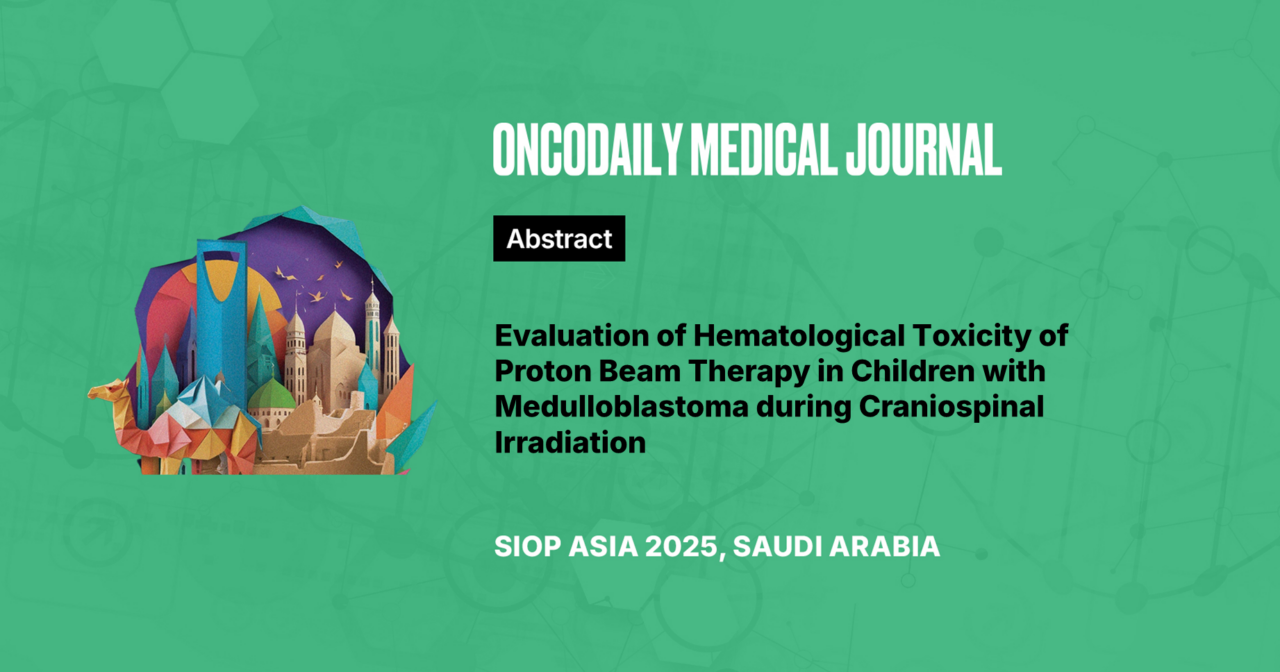Evaluation of Hematological Toxicity of Proton Beam Therapy in Children with Medulloblastoma during Craniospinal Irradiation
Abstract
Introduction: Craniospinal irradiation (CSI) is an integral part of medulloblastoma treatment. The most common complication of CSI is hematological toxicity. Objective was to determine the degree of hematological complications depending on the prescribed dose of proton CSI and previous chemotherapy.
Methodology: The study included 334 patients, who received proton radiation therapy from 2018 to 2023 with a verified diagnosis of medulloblastoma. Irradiation was performed on a Varian ProBeam device using a pencil beam scanning technique. An analysis of quantitative values of hemoglobin, platelets, and neutrophils was performed depending on the CSI terms -the first day of therapy, the end of CSI, the end of the treatment, and an assessment of the indicators according to the CTC-AEv5.0 scale. Patients were divided into 5 groups: CSI 23.4+vk, CSI 35.2+vk, 2SKK-CSI 35.2+vk, 3II-HDCT, CSI 24, and repeated CSI.
Results: In the group of patients (n=20) at the end of CSI with a dose of 23.4Gy, among hematological complications, neutropenia of 3-4 degrees was recorded in 50% of patients. In the group of children (n=77) using CSI with a dose of 35.2 Gy, hematological complications were represented by neutropenia of 3-4 degrees-41.5% and anemia of 3 degrees-19.4%. The most pronounced hematological complications were observed with a CSI dose of 35.2Gy with previous chemotherapy according to the SKK scheme (n=159)-neutropenia of 3-4 degrees in 79.8%,anemia of 3-4 degrees in 31.5%, thrombocytopenia of 3-4 degrees in 3%, and febrile neutropenia in 2% of patients.
In patients after high-dose chemotherapy with autologous stem cell transplantation at a CSI dose of 24 Gy, neutropenia of 3-4 degrees was diagnosed in 34.5%of cases, anemia in 10.3%, and thrombocytopenia in 3.4%. With repeated CSI (n=49) the complications were as follows-neutropenia of 3-4 degrees-8.2%, anemia of 3-4 degrees-6.1%, and thrombocytopenia of 3-4 degrees was not registered.
Conclusions: Proton CSI in children has moderate hematological toxicity (comparison of peak toxicity with initial data), which allows for the completion of the full volume of radiation therapy with chemotherapy on time, including in children with significant initial hematological toxicity due to previous therapy.





